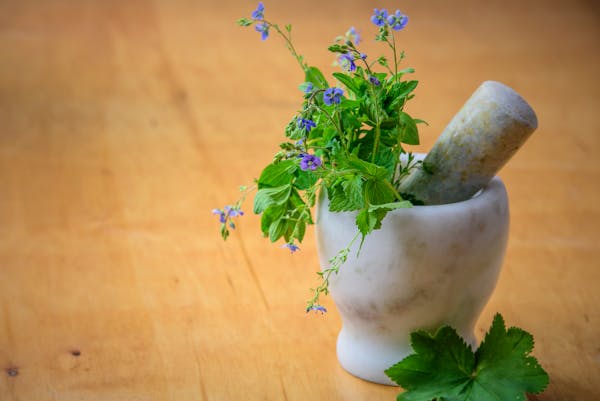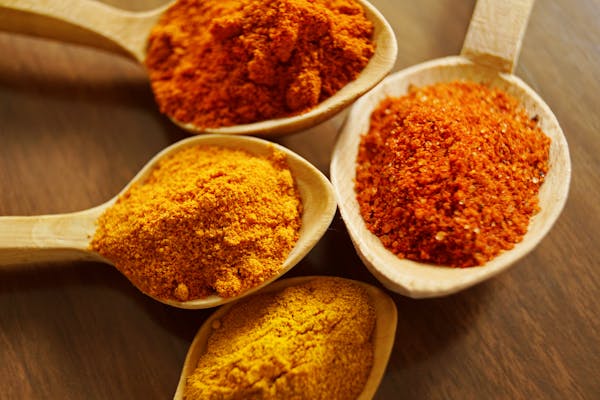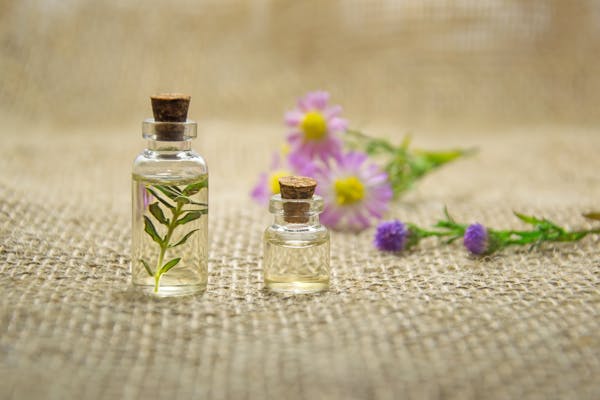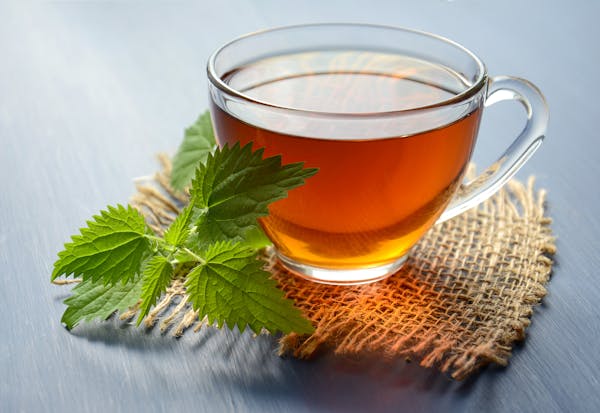High blood pressure (hypertension)
High blood pressure (hypertension) is a condition where the blood pressure in the arteries is consistently too high, putting extra strain on the heart and blood vessels.
Ayurvedic approaches to manage high blood pressure include:
1. Dietary changes: Avoid salty, spicy, and fatty foods; opt for a balanced diet with plenty of fruits, vegetables, and whole grains.
2. Stress management: Yoga, meditation, and pranayama (breathing exercises) to reduce stress and promote relaxation.
3. Herbal remedies: Ashwagandha, Guduchi, and Arjuna to help lower blood pressure.
4. Panchakarma therapy: Detoxification and cleansing procedures to remove toxins and balance the body's energies.
5. Lifestyle modifications: Regular exercise, weight management, and adequate sleep.
6. Ayurvedic massage and manual therapy: To relax muscles and improve circulation.
7. Yoga and physical therapy: Gentle exercises and stretches to improve flexibility and strength.
Some specific Ayurvedic treatments for high blood pressure include:
1. Abhyanga (warm oil massage)
2. Shirodhara (oil dripping on the forehead)
3. Pada Abhyanga (foot massage)
4. Hridaya Basti (warm oil therapy for the heart)
5. Yoga and pranayama practices like Savasana, Pranavaha Srotas, and Nadi Shodhana.
Remember to consult an Ayurvedic practitioner or healthcare professional for personalized guidance and treatment.
It's essential to consult a certified doctor or healthcare professional before using any Ayurvedic medicines or treatment protocols. Ayurveda is a complex system of medicine that requires personalized guidance and expertise to ensure safe and effective treatment.
Additionally, Ayurvedic medicines and treatments can interact with other health conditions, medications, or have side effects, so it's crucial to seek professional advice before starting any new regimen.
Remember, Ayurveda is a holistic approach to health and wellness, and it's important to work with a qualified healthcare professional to develop a personalized plan that suits your unique needs and health status.
















No comments:
Post a Comment